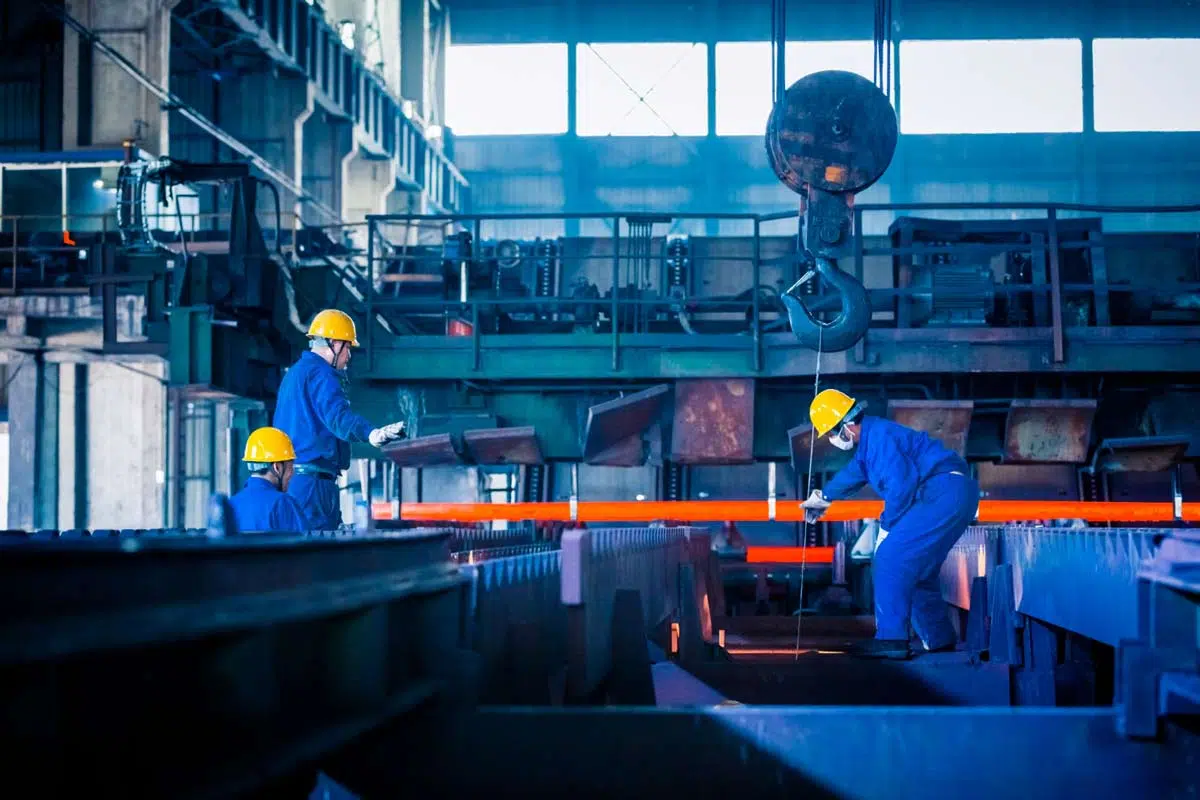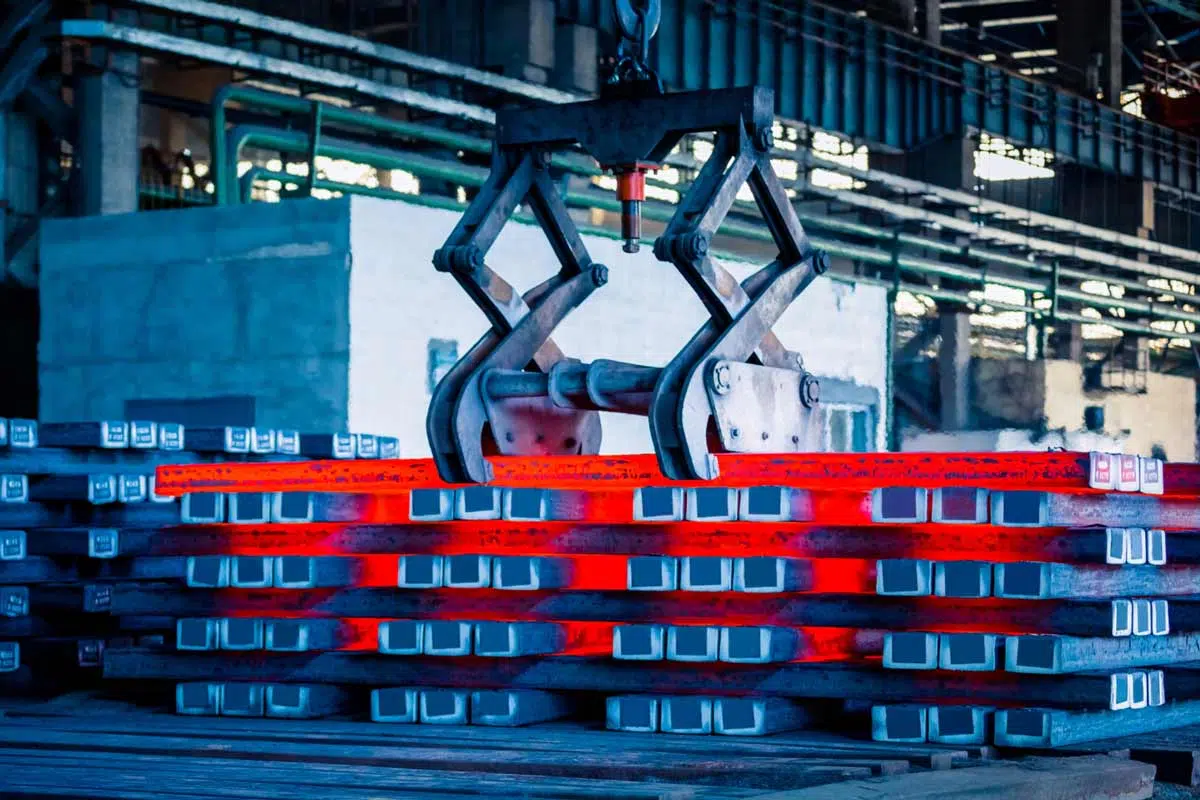COVID taught us a lot of lessons, and one of them is that our steel supply chain is vulnerable to upheaval. Why? Because of our increasing dependence on foreign manufacturing production companies. From computer chips to energy, our reliance on sources other than domestic production hurts every industry that is dependent on non-U.S. resources. This isn’t a new phenomenon, certainly, and it has roots going back decades. But there are signs that even our lawmakers are paying attention again to why domestic production is critical to the steel supply chain.
The Ramifications of a Global Vs. Domestic Supply Chain
While pundits have been complaining about the U.S. reliance on foreign manufacturers for years, it took a global pandemic to highlight the issue. In March 2022, Harvard Business Review (HBR) asked the question, “Are the Risks of Global Supply Chains Starting to Outweigh the Rewards?”
It’s a good question as we’re coming off of a worldwide pandemic that disrupted virtually every supply chain around the globe. Global tensions and even adverse weather events all affect the supply chain. But today, everything from trade restrictions stemming from politics to logistical issues stemming from disruptions in air or ocean transport all threaten our reliance on global goods. HBR says, “Managers didn’t give that much weight to distance and shipping when planning product sourcing strategies; they just assumed that it would get done. Those days are past.”
It’s true that our indirect costs of relying on global supplies for everything from steel to toilet paper are expected to increase in 2023 again. Why? The International Maritime Organization (IMO) will require that ships engaged in international trade reduce their carbon emissions. It’s expected that many ships will simply slow their speed to reduce emissions, which will in turn, slow arrivals of expected global goods. While this is one example of the result of our global supply chain dependence, it illustrates the need for new strategies that again return production of goods and services back to American soil.
Congress Says We Need a Stronger Domestic Steel Supply Chain
The United States is the world’s largest importer of steel products. Conversely, production in the remaining steel manufacturers have declined even further. One government report says:
“Since 2000, foreign competition and the displacement of domestic steel by excessive imports have resulted in the closure of six basic oxygen furnace facilities and the idling of four more, a 35% decreases in employment in the steel industry, and caused the domestic steel industry as a whole to operate on average with a negative net income since 2009.”
This past September, Congressional delegates and steel industry leaders came together to discuss the need for increased infrastructure spending to strengthen our domestic steel supply chain. They recommended protection of Section 232 of the Trade Expansion Act, which imposes a 25% tax on steel imports (Canada and Mexico are exempted). While, for now, this was simply talk, it highlights what Forbes calls the need “to try to unwind globalization.” Reshoring is the new phrase that keeps cropping up in supply chain newsletters—and it’s a logical response to how we must respond when considering a global vs. domestic supply chain in the steel industry.
The shutdown of China’s ports during COVID, along With the experience of having other countries follow suit, should serve as a major wakeup call to the entire U.S. steel supply chain. Companies must continue to at the very least, create supply chain redundancies by using U.S. manufacturing companies whenever possible. At the same time, U.S. private sector and government entities must innovate and invest in stronger infrastructures internally to improve how we deliver goods and services as well as organize and respond to supply chain and logistics.
None of this will be easy, of course, and it certainly will require an investment of time, energy, and, of course, cash. American businesses can start by simply beginning to shift their supply chain demands internally instead of relying on their existing global suppliers. More should be done, too, at the federal level, to create intelligent, forward-thinking policies that support domestic steel supply chain production. We have a long way to go, but the time is now to get started.
There is one company that, for more than 75 years, has quietly maintained a steady foothold in the steel pipeline parts industry for the energy sector. Steel Forgings Inc. produces the highest quality steel products right here in the U.S. Find out why we’ve been the trusted part of the steel supply chain for seven decades. Contact us today.



